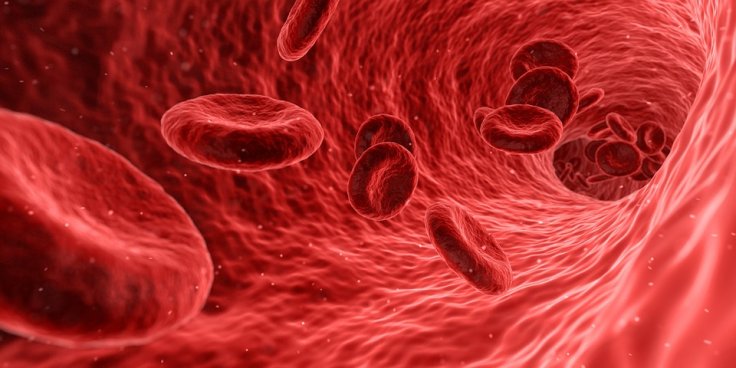
A 25-year-old woman's blood turned blue after she used large amounts of topical benzocaine -- a numbing agent that deadens nerve endings in the skin -- in a toothache medication. She had "acquired methemoglobinemia" -- a reaction caused by certain medicines that stop blood from carrying oxygen to tissue.
Dr. Otis Warren, who wrote about the case along with Dr. Benjamin Blackwood, said the woman looked "cyanotic" -- the clinical term for appearing blue, and she was only second such case he had ever seen, the first during his residency caused from an antibiotic.
According to Warren, she is one of those rare cases that he was taught about, studied for, took tests on, but rarely ever seen. The woman had earlier walked into an emergency department in Rhode Island, complaining of generalized weakness, fatigue, shortness of breath, and an unusual symptom -- she was turning blue, literally, Warren told CNN.
Methemoglobinemia, a rare but potentially fatal blood disorder, causes people to produce an abnormal amount of methemoglobin -- a type of hemoglobin or a protein in red blood cells that is responsible for transporting oxygen via blood.
According to the US National Library of Medicine, with methemoglobinemia, the body's hemoglobin is able to carry oxygen, but cannot deliver it to the tissues.
Warren said oxygen-rich blood is typically associated with a bright-red color, but the oxygen levels are actually quite high even when the blood appears blue in patients with methemoglobinemia, in which blood "selfishly binds" with oxygen and doesn't release it to the tissue where it's needed, making the patient appear blue.
The woman recovered after two doses of methylene blue, an agent that treats methemoglobinemia, and an overnight stay at the hospital, but a person can enter a coma or develop heart and brain complications from the lack of blood to tissue if levels of the mutated blood rise 50 percent or higher. Any amount over 60 percent can cause death, he said.
The woman developed methemoglobinemia after using benzocaine -- a local anesthetic or numbing agent and active ingredient found in over-the-counter toothache and cold sore medicine.
The Food and Drug Administration (FDA) in an updated statement on benzocaine advised parents not to administer "over-the-counter oral drug products containing benzocaine" to children under two years old, after a mother in Virginia reported that her child became unresponsive and stopped breathing after administering her 15-month-old an instant relief for teething pain.
Methemoglobinemia is not just restricted to administering numbing agents, but can also occur due to certain antibiotics or contaminated water.
The case study was published in the New England Journal of Medicine.









